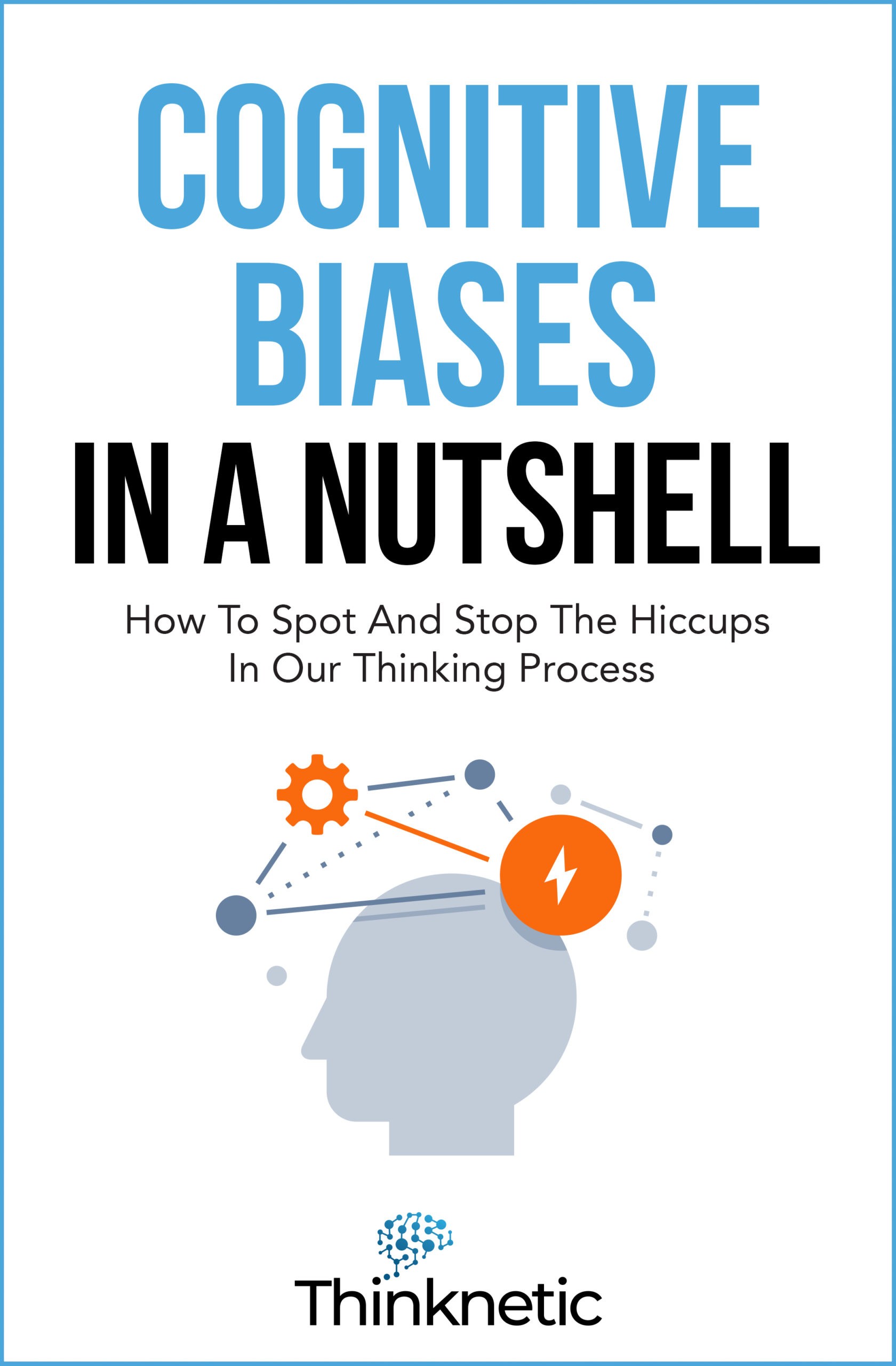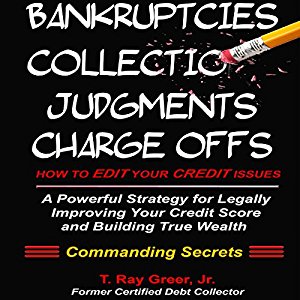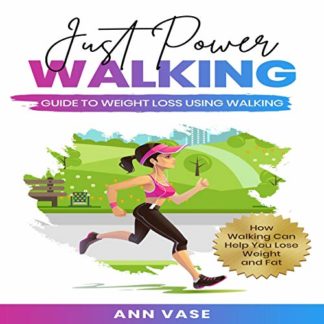Description
Do you have a problem that you can’t see your way around, no matter how hard you try? You may be looking for the answer outside when the obstacles lie within.
We’re all biased.
You may have read the above and already your mind is raising its defenses. No … not me. I haven’t got a biased bone in my body.
The fact is: you do. So does everyone around you.
Several scientific studies, in fact, suggest that certain forms of bias may be hardwired into the human psyche.
Professor Stephen Neuberg, head of Arizona State University’s Department of Psychology published research in the Journal of Personality and Social Psychology in 2005 showing that, as a species, we evolved to quickly assess dangers posed by those outside our group to enhance our chances of survival.
Nobel prize winner, Daniel Kahneman, has addressed this phenomenon in numerous articles and in his widely reviewed book, “Thinking, Fast and Slow”.
The ability to process information rapidly was a life-or-death evolutionary advantage to our human ancestors in the hostile and unforgiving environment they inhabited.
As our environmental landscape changed, we still needed to process information with appropriate speed, but the decisions became increasingly complex and nuanced.
The swift system that evolved to identify and mitigate threats in hunter-gatherer societies became faulty, resulting in several cognitive biases that everyone harbors.
A cognitive bias is an error in thinking and judgment that happens when we selectively or improperly intake information.
Your cognitive biases can be sneaky, making you think you’re more open to the ideas, experiences, and contributions of others than you actually are.
Consequently, you may be tempted to rely more on your own knowledge and judgment, sometimes with disastrous results.
You may also spend hours after a decision, agonizing, particularly those that needed to be made in a short space of time.
Cognitive Biases In A Nutshell will help you to identify and correct the cognitive biases you fall prey to in your everyday life.
Identifying and correcting your biases is just one way you gain from reading Cognitive Biases In A Nutshell. The book will also show you:
- The 5 ways your ego tricks you into thinking you know more than you do
- 4 mental shortcuts we take that lead to bias and poor decision making, and the best ways to identify them
- How bias exists along a scale and where yours fall on it
- Why being more knowledgeable is a “curse” that may make you more prone to these 3 types of bias
- The art of blending intuitive and logical thinking
- Why you misremember facts, even though you’re “sure” about the details
- What are the Halo and the Horn effects and how you can reduce their impact on your decisions
- How wanting something to be true influences you to “find” evidence that it is and how to avoid this
…. and much, much more.
Recognizing your tendencies toward certain cognitive biases makes you a better contributor to society. For example, you are less quick to judge or take things personally once you realize that everyone exhibits cognitive biases.
Cognitive Biases In A Nutshell will set you apart because you will know what they are and how to steer clear of the traps they set for your reasoning.




Reviews
There are no reviews yet.